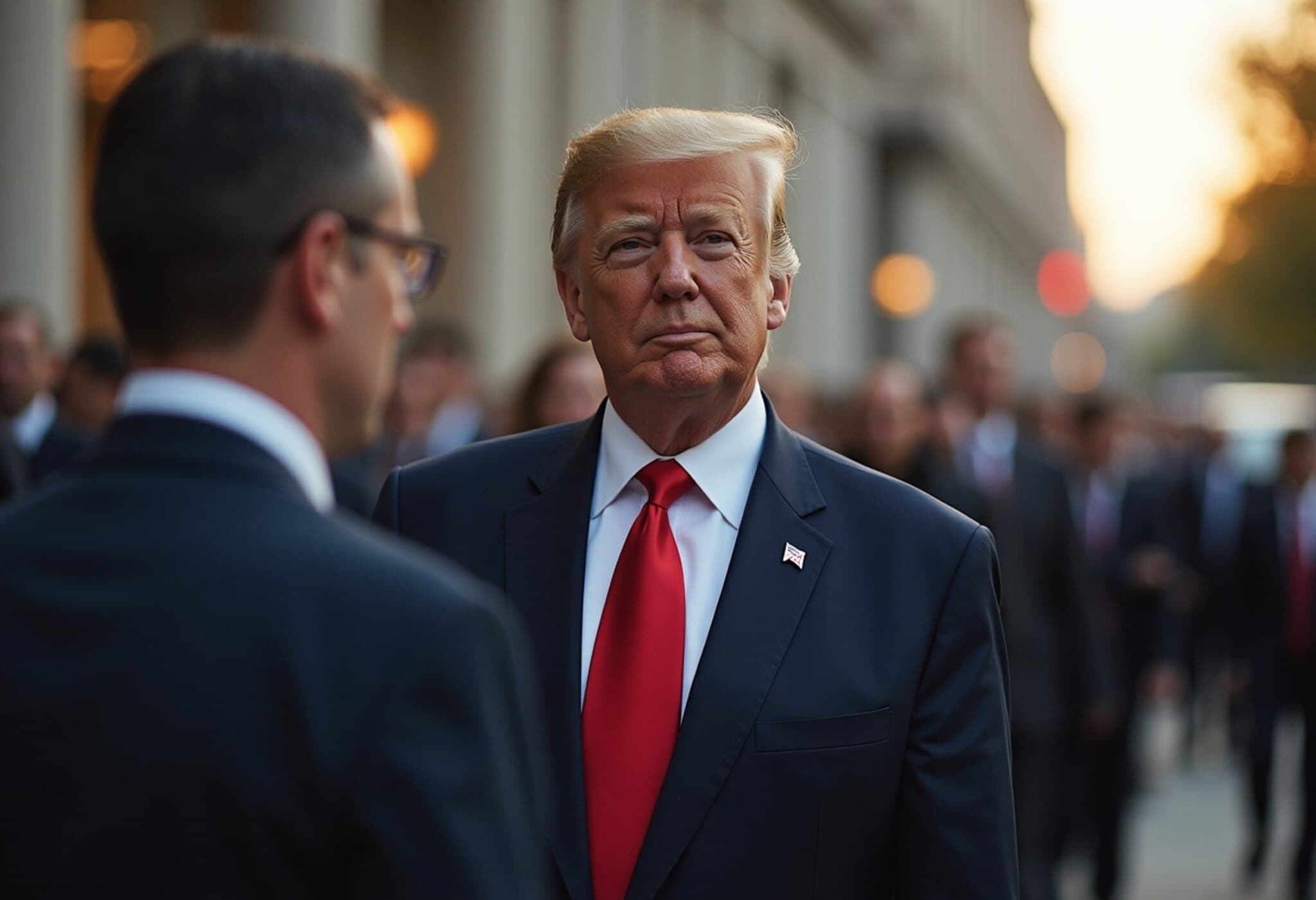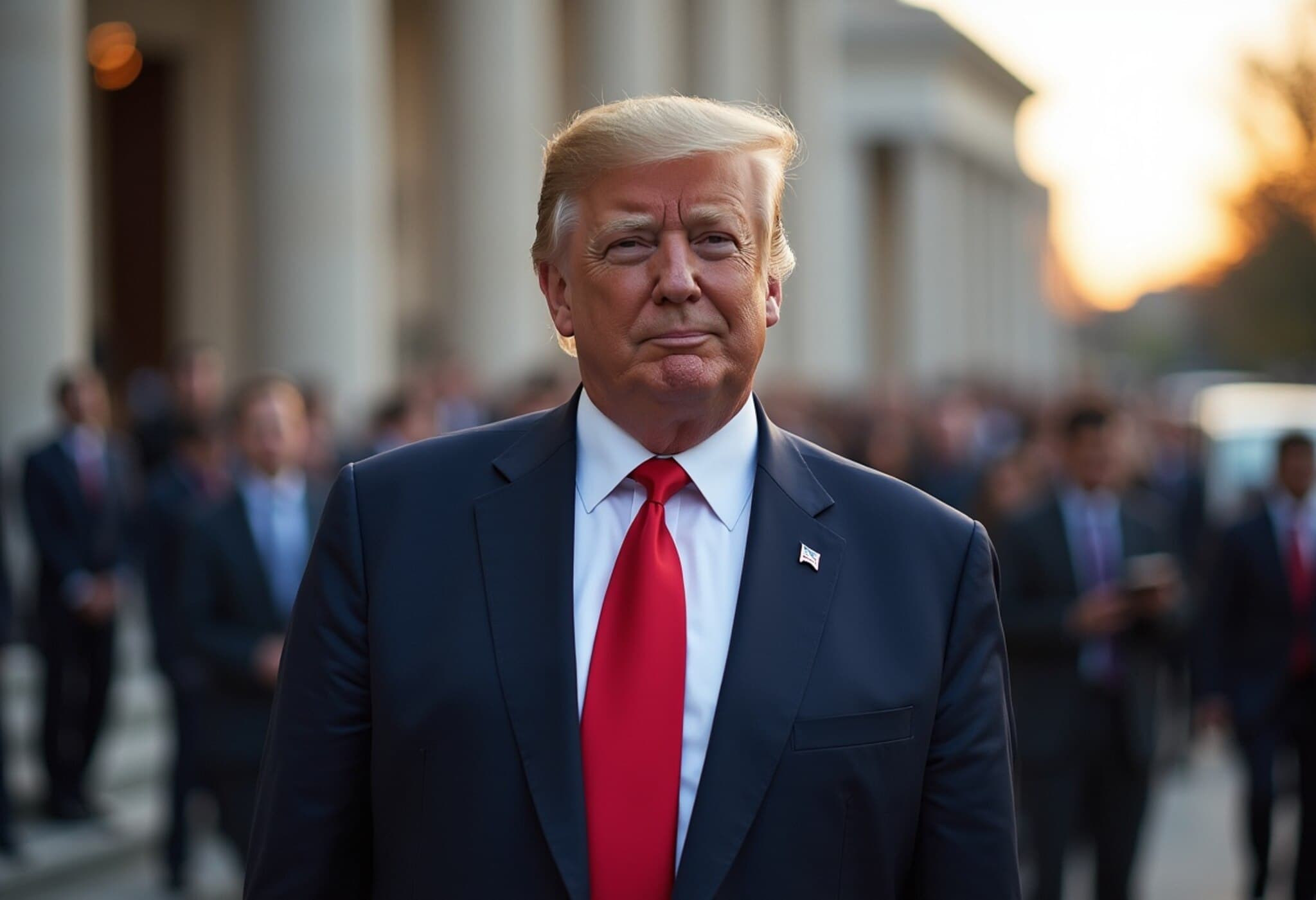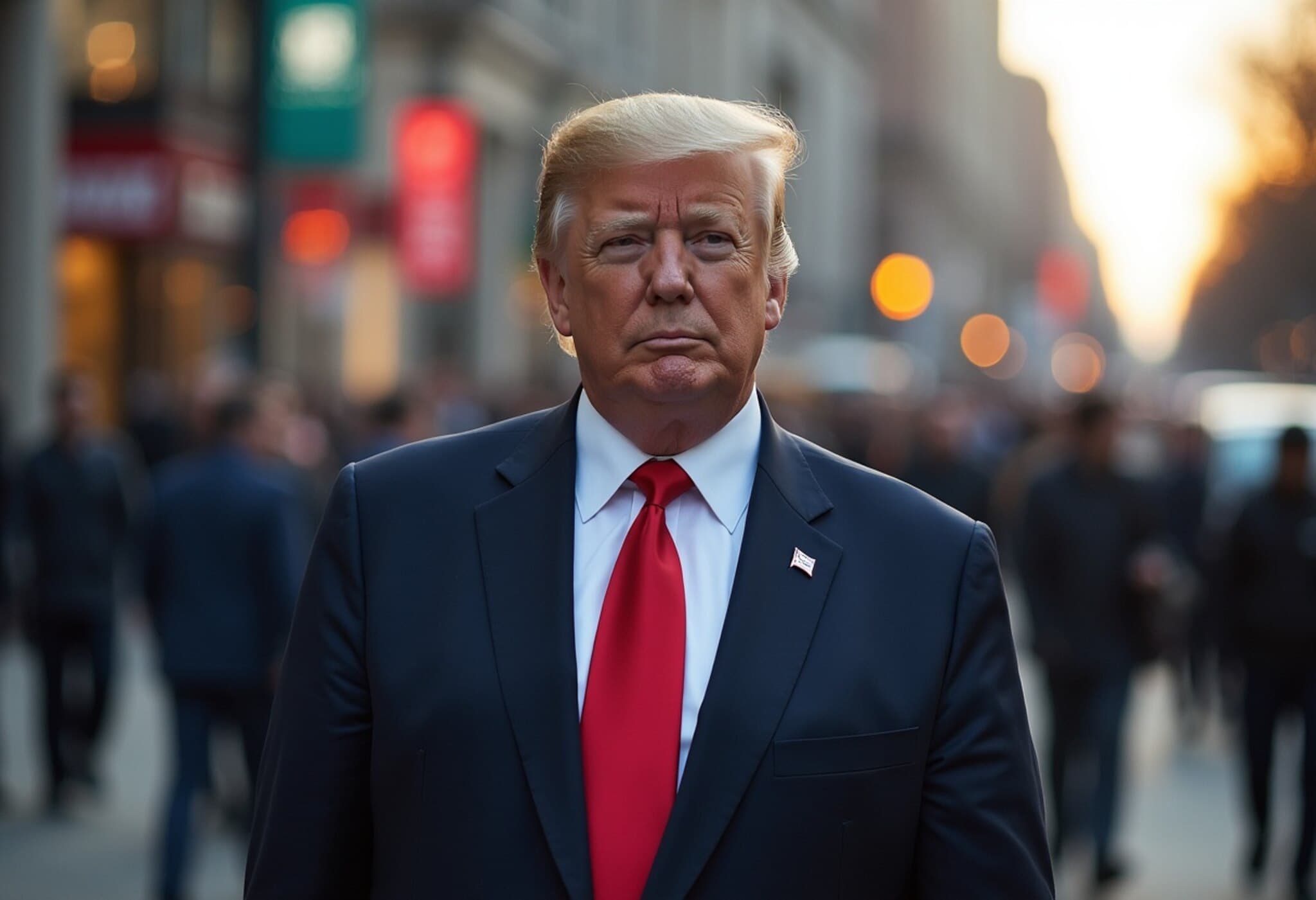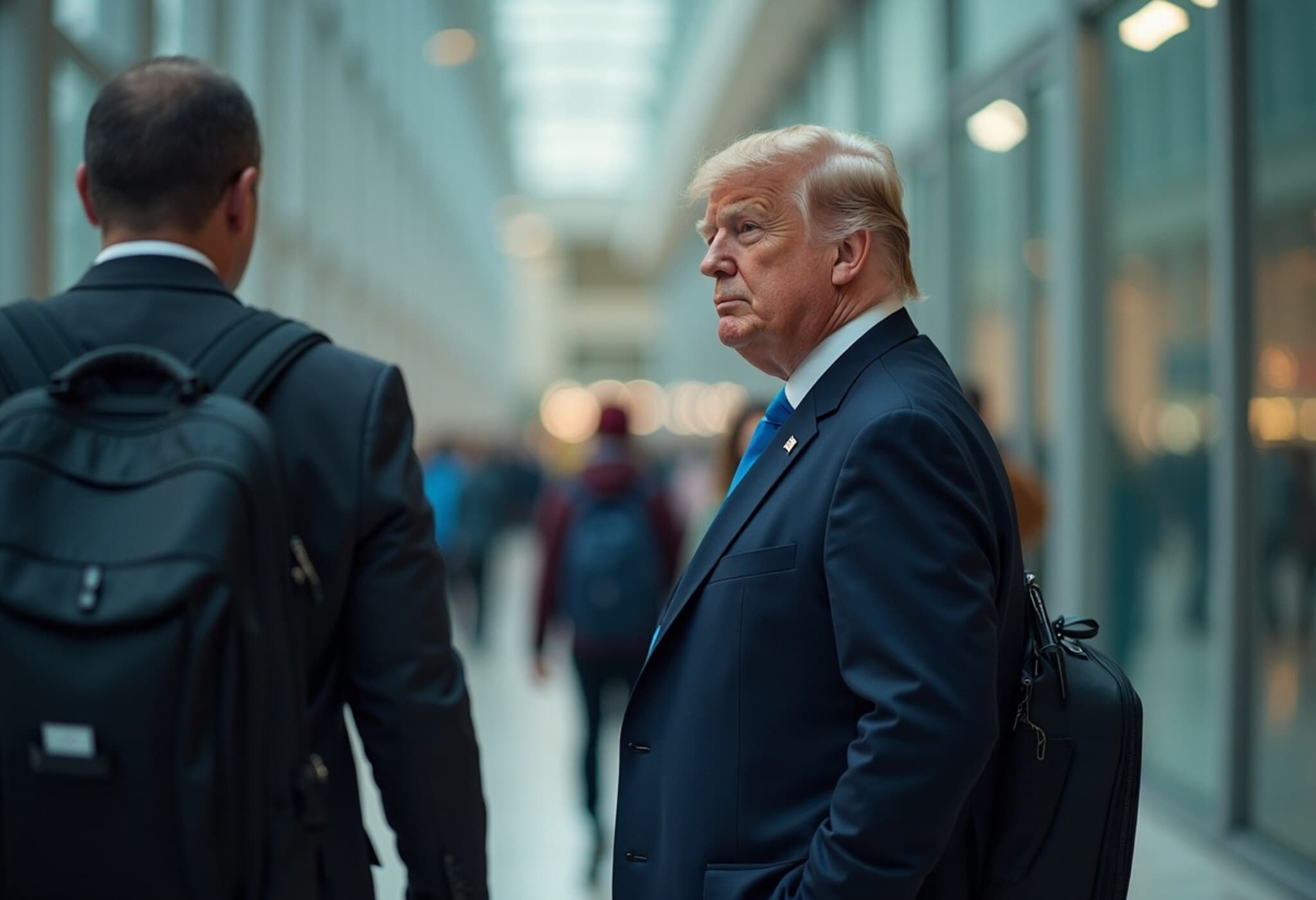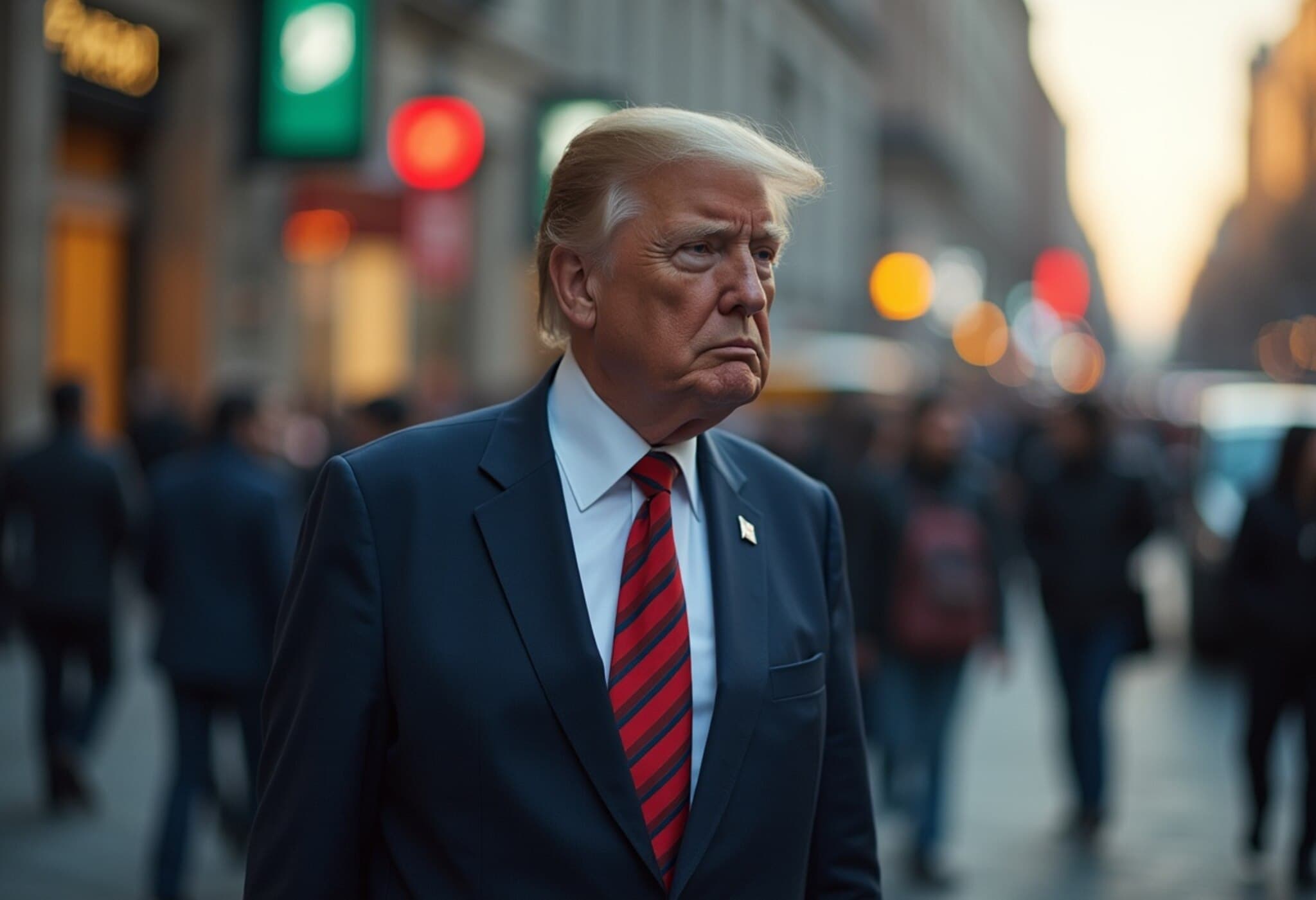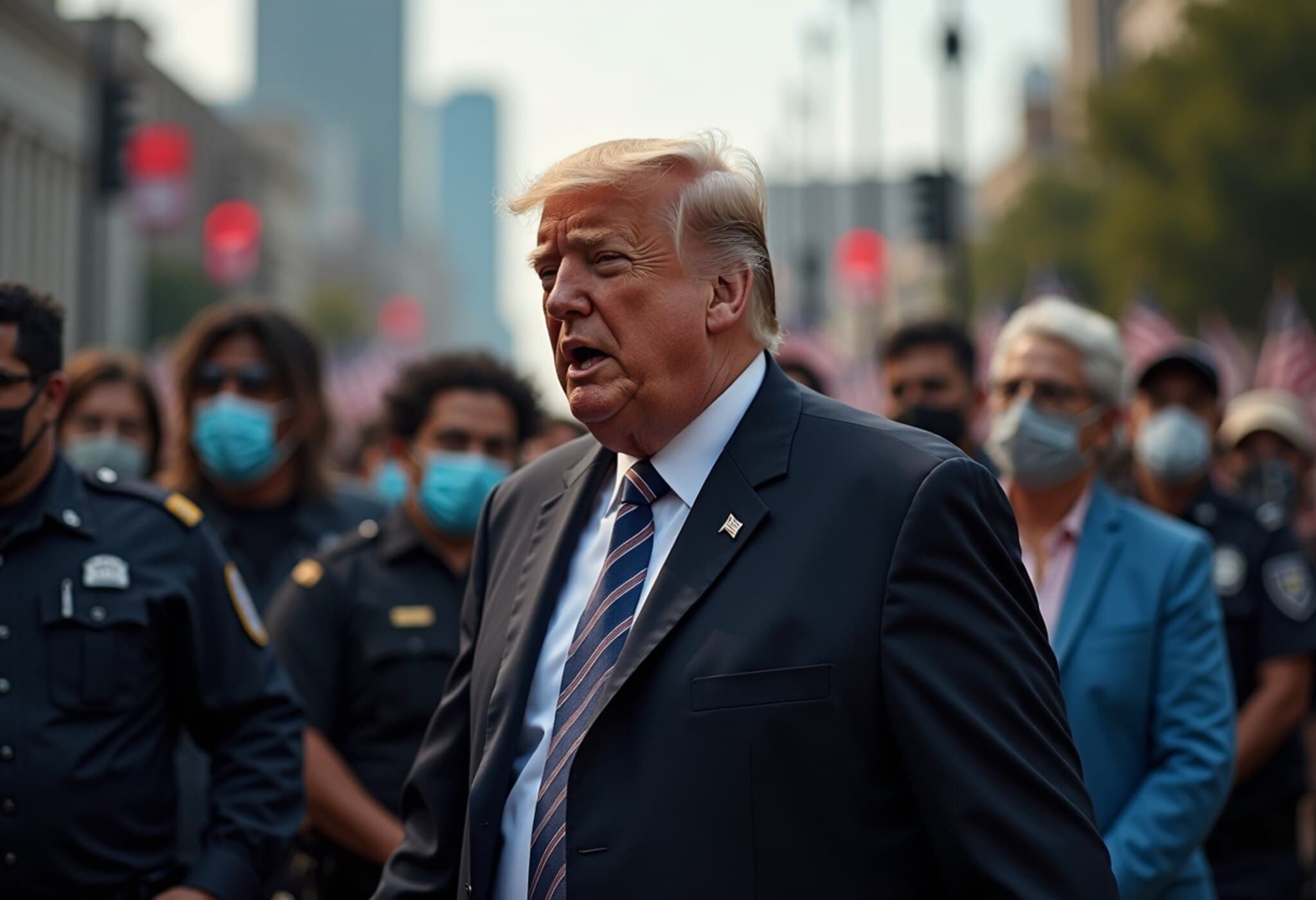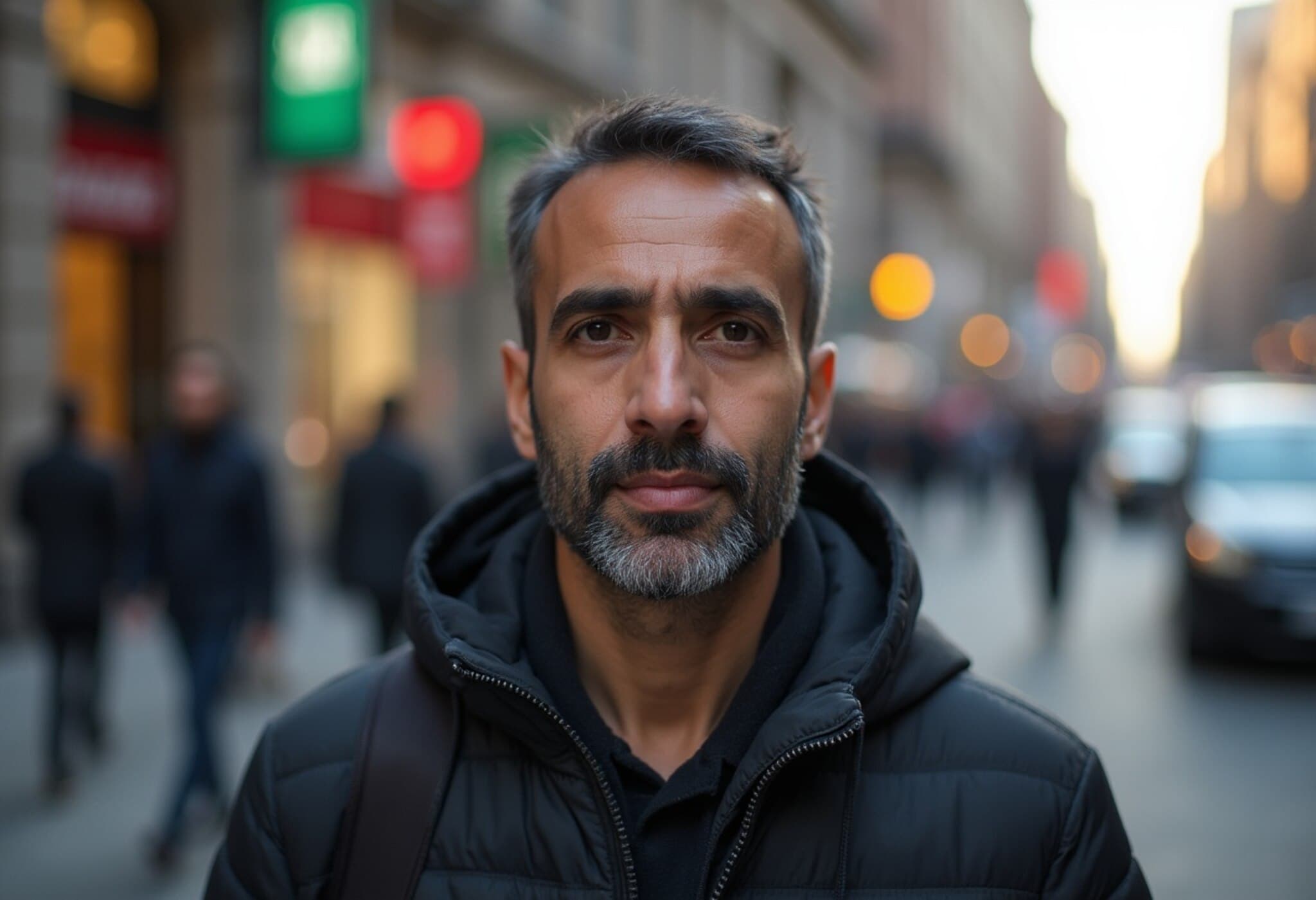Trump Administration Eyes Broad Expansion of Travel Ban
The administration of US President Donald Trump is reportedly contemplating a major extension of its ongoing travel restrictions, potentially barring entry to citizens from 36 additional countries. This development comes amid heightened concerns over national security and immigration control.
Background: Existing Bans and Policy Direction
Earlier this month, the administration enforced a travel ban targeting nationals from 12 countries, citing terrorism and security risks. This measure is part of a broader crackdown that has included the deportation of hundreds of individuals suspected of gang affiliation and stricter controls on international students attending US universities.
New Proposal Details
The expansion proposal, outlined in an internal State Department cable signed by Secretary of State Marco Rubio, identifies 36 nations classified as “countries of concern.” These countries face either full or partial visa suspensions if they fail to meet US immigration and security standards within a 60-day window.
Reasons Behind the Expanded List
The cable highlights several issues driving the potential ban:
- Failure of governments to provide reliable identity documents
- Lack of cooperation in repatriating deported nationals
- High rates of visa overstays
- Past involvement of some citizens in terrorist or anti-American activities, including antisemitism
It’s important to note that not all concerns apply equally to every country on the list.
Countries Potentially Affected
If unaddressed, the following countries could face full or partial entry restrictions: Angola, Antigua and Barbuda, Benin, Bhutan, Burkina Faso, Cabo Verde, Cambodia, Cameroon, Côte d’Ivoire, Democratic Republic of Congo, Djibouti, Dominica, Ethiopia, Egypt, Gabon, The Gambia, Ghana, Kyrgyzstan, Liberia, Malawi, Mauritania, Niger, Nigeria, Saint Kitts and Nevis, Saint Lucia, São Tomé and Príncipe, Senegal, South Sudan, Syria, Tanzania, Tonga, Tuvalu, Uganda, Vanuatu, Zambia, and Zimbabwe.
Scope Compared to Current Bans
This marks a substantial increase over the existing ban covering Afghanistan, Myanmar, Chad, Congo Republic, Equatorial Guinea, Eritrea, Haiti, Iran, Libya, Somalia, Sudan, and Yemen. In addition, partial restrictions currently affect nationals from seven other countries, including Burundi and Venezuela.
Broader Context
Since his first term, President Trump has pursued increasingly stringent immigration policies. The first major travel ban targeted seven Muslim-majority countries and matured through various legal challenges before the Supreme Court ultimately upheld it in 2018.
This latest move underscores the administration’s continued focus on tightening entry requirements amid ongoing debates over national security, immigration policy, and international relations.


